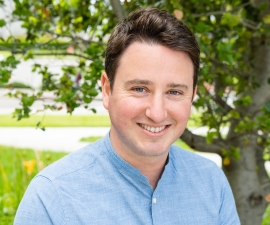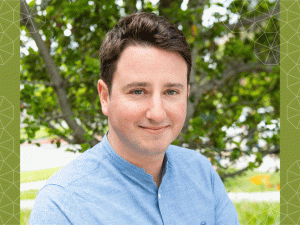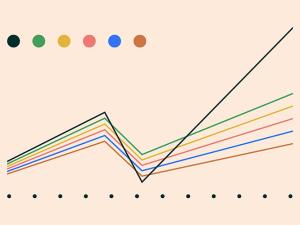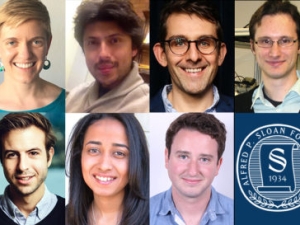

Research Bio
Gabriel Zucman is the Summer School Director of the James M. and Cathleen D. Stone Center on Wealth and Income Inequality at the University of California at Berkeley. His research focuses on the accumulation, distribution, and taxation of global wealth and analyzes the macro-distributional implications of globalization. He was awarded the Bernácer Prize and a Sloan Research Fellowship in 2019.
He received his PhD in 2013 from the Paris School of Economics and taught at the London School of Economics before joining the Berkeley faculty in 2015.
Research Expertise and Interest
inequality, wealth, taxation
In the News
The Ultra-Rich Have Lower Tax Rates
Berkeley Talks: Berkeley Economist on the Benefits of a Billionaire Tax
UC Berkeley Economics Professors Emmanuel Saez and Gabriel Zucman Named 2023 Citation Laureates
Berkeley Economist Gabriel Zucman Wins Prestigious Clark Medal
Tracking Inequality in Real Time — a Powerful New Tool From Berkeley Economists
Gabriel Zucman, L&S Economics Professor, Named 2021 Carnegie Fellow
COVID-19: Economic impact, human solutions
Seven early-career faculty win Sloan Research Fellowships
Featured in the Media
For the first time in history, the 400 wealthiest Americans paid a lower effective tax rate than the working class did in 2018, according to new data presented in a book co-authored by Berkeley economists Emmanuel Saez and Gabriel Zucman. The book, called The Triumph of Injustice: How the Rich Dodge Taxes and How to Make Them Pay, explores how this trend developed and how it could be reversed. According to this reporter: "The relatively small tax burden of the super rich is the product of decades of choices made by American lawmakers, some deliberate, others the result of indecisiveness or inertia, Saez and Zucman say. Congress has repeatedly slashed top income tax rates, for instance, and cut taxes on capital gains and estates. Lawmakers also have failed to provide adequate funding for IRS enforcement efforts and allowed multinational companies to shelter their profits in low-tax nations. ... But the tipping point came in 2017, with the passage of the Tax Cuts and Jobs Act. The legislation, championed by President Trump and then-House Speaker Paul D. Ryan, was a windfall for the wealthy: It lowered the top income tax bracket and slashed the corporate tax rate." Stories on this topic have appeared in nearly 100 sources, including the Washington Post, San Francisco Chronicle Online, and the New York Times.
No country (apart from Russia) for which estimates of wealth inequality are available has similarly high recorded levels of wealth inequality, writes assistant economics professor Gabriel Zucman in a new report on the staggeringly uneven wealth distribution in the U.S. today. According to his report, the top 1 percent owns at least 40 percent of the country's entire household wealth. As this reporter points out: "Perhaps the most interesting part of Zucman's research may be his point that the top 1% of American households likely hold much more of the nation's and the world's wealth than anyone realizes." For instance, he estimates that 8 percent of the world's household financial wealth is held in offshore tax shelters. "It is not enough to study wealth concentration using self-reported survey data or tax return data," he says. "Because the wealthy have access to many opportunities for tax avoidance and tax evasion -- and because the available evidence suggests that the tax planning industry has grown since the 1980s as it became globalized -- traditional data sources are likely to under-estimate the level and rise of wealth concentration." Stories on this topic have appeared in dozens of sources, including Marketwatch. For more on this, link to Professor Zucman's report here.








